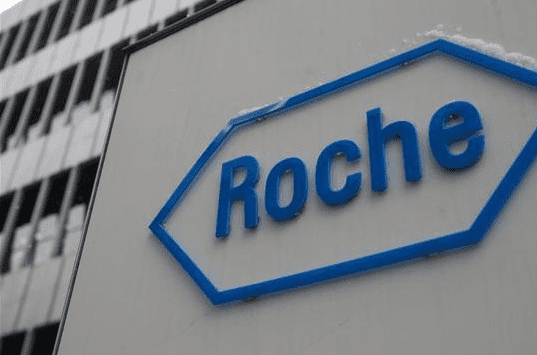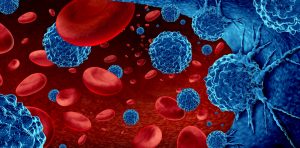
Roche Tecentriq combo effective, but is it enough?
pharmafile | December 8, 2017 | News story | Medical Communications, Research and Development | Roche, biotech, drugs, pharma, pharmaceutical, tecentriq
When Roche announced that its combination treatment of Tecentriq, alongside its own drug Avastin and chemotherapy, successfully extended progression-free survival (PFS) in advanced NSCLC – the reaction was positive but it needs quantifying, by how much?
If the combination therapy could extend PFS beyond market leader, Keytruda, then the Tecentriq could be on its way to becoming the new market leader.
With the results revealed, Roche weren’t able to surpass Keytruda – but there was plenty to be positive about for Roche. The data revealed that its combination saw patients go for a median of 8.3 months without disease progression, compared to 6.8 in a group receiving only Avastin and chemotherapy.
In a major takeaway, 37% of patients who responded to the treatment reached the one-year mark without their cancer progressing, which was favourable compared to the 18% in the Avastin and chemo group.
To return to the comparison with Keytruda, there are reasons that Roche could justifiably explain the difference (Keytruda was able to show a benefit of 4.3 month in PFS) between the two: the size of the studies, as Roche’s included 1,202 people compared to MSD’s 123, and the fact that Roche compared Tecentriq against a targeted therapy in Avastin, while MSD’s did not.
“This Tecentriq study is the first positive Phase III combination trial that showed a cancer immunotherapy reduced the risk of the disease getting worse when used as an initial treatment in a broad group of people with advanced non-squamous NSCLC,” said Sandra Horning, Chief Medical Officer and head of Global Product Development at Roche. “The IMpower150 study represents an important advance in lung cancer treatment, and we will submit these results to regulatory authorities around the world to potentially bring a new standard of care to people living with this disease as soon as possible.”
Key information on the co-primary endpoint of overall survival is yet to be revealed but the company teased that the data is “encouraging”. Whether Roche can take a serious portion of the market away from Keytruda and BMS’ Opdivo in lung cancer could depend on the data.
In further news of the therapy, it received designation to the Cancer Drug Fund in the UK for the treatment of locally advanced or metastatic urothelial carcinoma in adults. The fund provides funding for treatments that are considered effective, in terms of treatment, but not cost effective by NICE’s judgement.
Ben Hargreaves
Related Content

Roche’s Alecensa approved by FDA as lung cancer treatment
Roche has announced that the US Food and Drug Administration (FDA) has approved Alecensa (alectinib) …

Genentech’s Columbi meets primary endpoint in phase 3 trial for lymphoma treatment
Genentech, part of the Roche Group, has announced that its phase 3 STARGLO trial has …

Lonza to acquire biologics site in Vacaville, US from Roche for $1.2bn
Lonza has announced that it has signed an agreement to acquire the Genentech large-scale biologics …







